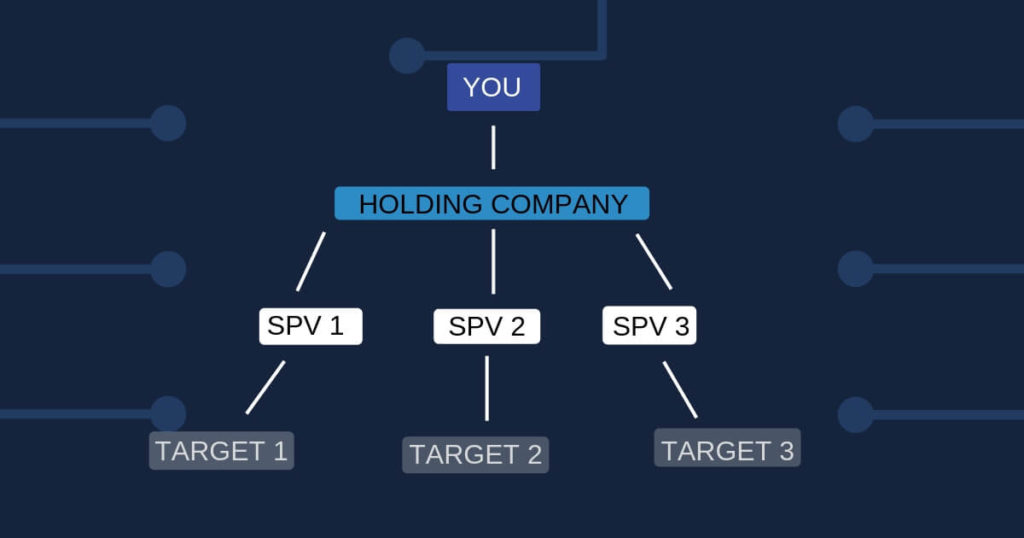
Have you ever considered buying a business? It can be a scary decision and there’s a lot of information to consider, not to mention it can be a complicated process! However, with the right knowledge, advice, and people around you, it doesn’t have to be intimidating. If you’re looking for some practical expertise on what to consider before you take the plunge, then this handy guide will help.
Reason for Selling
A business owner’s reason for selling can vary widely although it’s definitely something to consider. Of course, it’s better to buy a business that the owner is selling due to wanting to retire for example rather than because the business is failing. Asking the owner their reason for selling is one of the first steps in the business buying process and also one of the most crucial; this will also allow you to begin to assess the owner’s confidence and faith in the company.
Business Assets
Enquiring about business assets and getting this in writing is imperative to a smooth transaction. You’ll need to know exactly what you’re paying for as well as how this might affect future investments or costs as these assets may need to be reinvested in as time goes on. If this is the case, it’s important to ask yourself if you’re happy with this as a commitment and if not, are these assets imperative to the business?
Your Reason for Buying
Knowing exactly your reason for buying or wanting to buy a business is crucial. Perhaps it’s a genuine passion of yours, or it’s in a sector where you feel you have the relevant skills to develop and grow the business. Whatever your reason however, even the greatest business will struggle to thrive under an owner who doesn’t know why they bought it in the first place.
Growth Plans
Having a growth plan for how you plan to develop the business is important in order to recognise and prepare for how the company will grow or continue to grow. It could be useful to ask the existing owner what their growth plans for the business were, particularly if their decision to sell was somewhat spontaneous. If the owner has been planning the sale for a while or doesn’t have any tangible growth plans, it could also be useful to ask where they see the business heading in the next 3, 5 or 10 years. At this point, they know the business best so finding out how they see the business growing could definitely prove to be worthwhile once you take over.
Existing Staff
Finding out about any existing staff at the company will help you decide whether to keep the existing team or hire new staff. Learning about their skills, strengths and weaknesses will also help you discover the strengths and weaknesses of the business overall, which can be useful when evaluating limitations in growth plans and projections.
Profitability
One of the most important things in any business is profitability. Asking the existing owner about the business’ net profit over the years can give you valuable insight into how the business might perform in the future. If you find out the business hasn’t previously been as profitable as you might have expected or hoped, it’s important to consider whether this is something you’re still willing to consider purchasing. Taking on a failing or underperforming business is a big ask and although things can sometimes be turned around, often they are a lost cause and the owner is selling for this reason.
The Due Diligence Process
The due diligence process is arguably the single most important step when buying a business. This is the process of solicitors, accountants and advisors all checking in detail to make sure that the seller has been truthful and that the price you’ve been asked to pay, is the price you should be paying, based on the investigation and health of the company.
Ultimately, buying a business is a huge decision and not one that should be taken lightly. If you’re looking to buy a business and need some help, don’t hesitate to contact us today.














